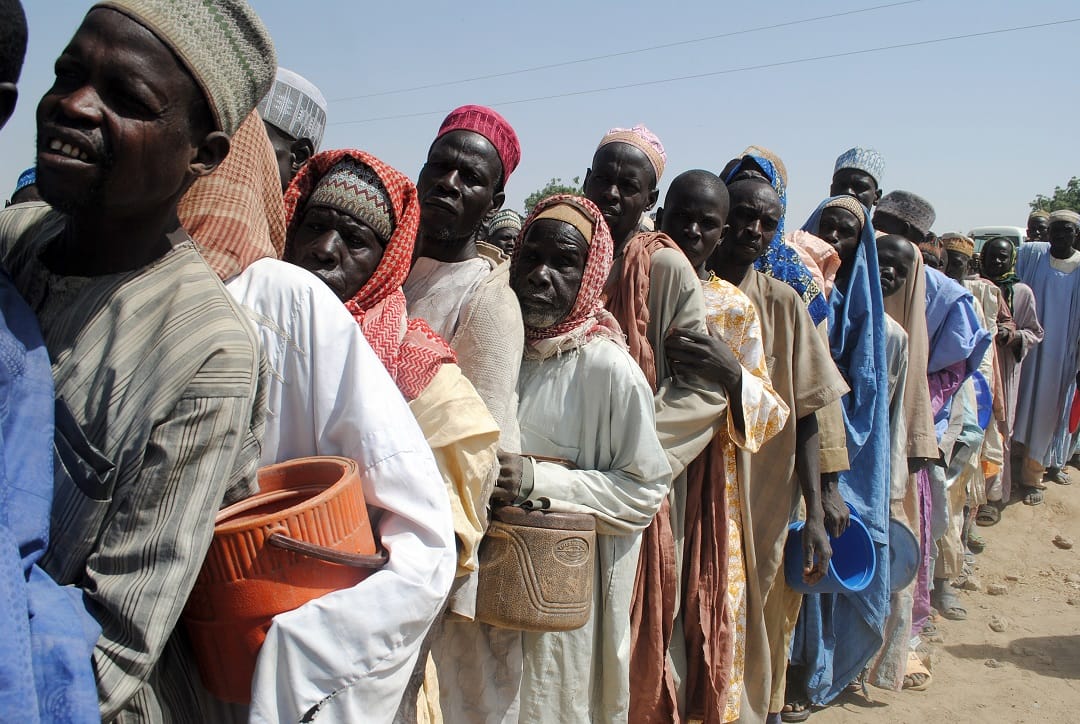NATIONAL NEWS

HUNGER CRISIS WORSENS IN NORTH-EAST NIGERIA AS 3.7 MILLION FACE ACUTE FOOD SHORTAGE
A wave of fear and frustration is sweeping through communities in North-East Nigeria, as nearly 3.7 million people are reportedly facing acute hunger, according to a new warning from the International Committee of the Red Cross (ICRC). The report paints a grim picture of deepening food insecurity in areas devastated by years of conflict and displacement.
The Right to Food Act, which came into effect in March 2023, was supposed to ensure that no Nigerian goes hungry. But this promise appears broken, especially in the North-East, where hunger, malnutrition, and poverty continue to thrive. The ICRC says most of the affected people are former farmers who have been forced to abandon their homes and farmlands due to violence, leaving them with no means of survival.
According to the Food and Agriculture Organisation (FAO), about 3.7 million children in the region are also malnourished, many suffering from stunted growth, severe wasting, and anaemia. Some states like Yobe, Zamfara, Katsina, and Sokoto are already in an emergency phase of malnutrition, with local government areas like Maiduguri, Jere, and Nganzai being among the hardest hit.
Diana Japaridze, Head of the ICRC office in Maiduguri, stressed that the situation is worsening as the lean season begins — a period when food supplies are typically low and families depend on markets for survival. “This is the time when families must start buying food, but prices are high, and incomes are low. Many families can no longer afford basic meals,” she said.
UNICEF is also sounding the alarm. The agency has called for urgent policy actions, including strengthening food systems, expanding access to affordable nutritious food, and boosting social safety nets like food aid and cash transfers for vulnerable households. Their Child Nutrition Fund (CNF) aims to treat and prevent malnutrition, especially among children under five.
Earlier this year, the World Food Programme (WFP) had warned that up to 11 million people in Northern Nigeria could face severe food insecurity, blaming insecurity, climate shocks, rising food prices, and displacement as the key causes.
One heartbreaking UNICEF report also noted that one in three children under five in Nigeria—roughly 11 million—suffer from extreme food poverty. These children are 50% more likely to suffer from wasting, a life-threatening condition tied directly to poor diets and poverty.
As the crisis worsens, residents and aid groups are urging the government to take immediate and concrete steps to fulfill the promises of the Right to Food Act and prevent a full-blown famine. Without urgent intervention, millions of Nigerians—especially children—could be left to suffer in silence.
"This represents a significant development in our ongoing coverage of current events."— Editorial Board









